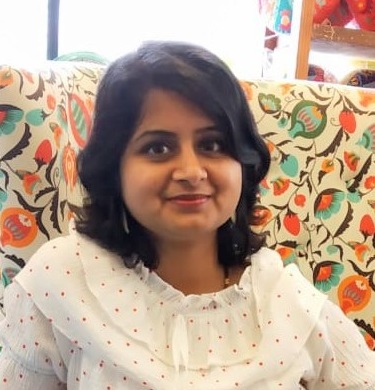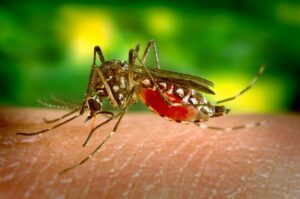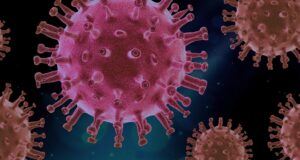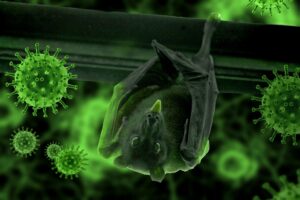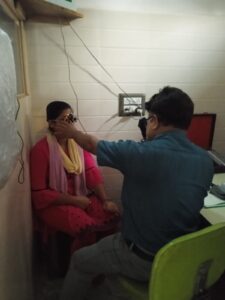Diabetes – Initial Symptoms and Prevention

By Manisha Roy and edited by Dr. Subha Sarcar NHI- May 1, 2022
According to the World Health Organization, in 2015, diabetes was the seventh among the leading causes of deaths in the world with an estimated 1.6 million deaths (nearly 2.8% of all deaths) worldwide. Currently, around 422 million individuals are suffering from diabetes primarily belongs to low and middle-income countries, where 80% of the total deaths occur due to diabetes.
Diabetes mellitus, commonly called diabetes, is a chronic metabolic disorder which occurs due to an elevated blood glucose (sugar) level in the blood as a result of our body’s inability to either make sufficient insulin or to efficiently use the insulin it makes. Glucose is the chief source of energy for our body and insulin is a peptide hormone produced by the beta cells of the pancreas. Insulin allows cells in our body to absorb glucose (from the food we eat) and generate energy.
Types
Diabetes is mainly grouped into two types namely:
- Type I diabetes or juvenile diabetes is an autoimmune condition where our body is unable to synthesis sufficient insulin. The immune cells in our body target and kill the beta cells that produce insulin.
- Type II diabetes, the common type, often sees our body produce enough insulin but is unable to use it well eventually raising the glucose build-up in our body.
In the case of infants, gestational diabetes is a temporary condition caused by insulin-blocking chemicals manufactured by the placenta during pregnancy.
A rare disorder, diabetes insipidus, arises when adult kidneys filter an oddly high amount of water, leading to a fluid imbalance in the body. It shares some of the symptoms of diabetes (hence the name) but is not to be confused with diabetes mellitus.
Initial symptoms
Some of the general symptoms of diabetes are as follows:
- Unusually increased thirst, hunger, and urination
- Dry mouth
- Blurry vision
- Unexplained or sudden weight loss
- Slow-to-heal sores or cuts
- Extreme Fatigue
- Dry and patchy skin
- Skin infections
Once diagnosed with diabetes, it is difficult to cure it completely and needs to be kept under regular check, throughout the lifetime. The complications of unattended diabetes can vary from blindness, brain stroke, kidney failure, heart failure, nerve damage and damage to other organs.
Food and lifestyle to avoid
A lifestyle involving a high-stress level, an unhealthy eating habit and a lack of physical activity (both leading to obesity) are the major risk factors of diabetes, which means these factors increase the likelihood of someone getting diabetes. Apart from these factors, our genetics and past family history also contribute towards diabetes.
Lifestyle changes required
- Reducing the level of stress.
- Regular physical exercise like walking, jogging, cycling, and yoga.
- Maintaining a healthy eating habit i.e., avoiding junk food like pizza, burger, fried and sweet food items.
- Avoiding alcohol consumption and smoking
- Incorporating fresh vegetables, fruits, whole grains, and nuts in meals to supply the body with all the required vitamins.
According to the medical practitioners, if someone has been diagnosed with diabetes, keeping a close watch on the blood glucose level is highly recommended.
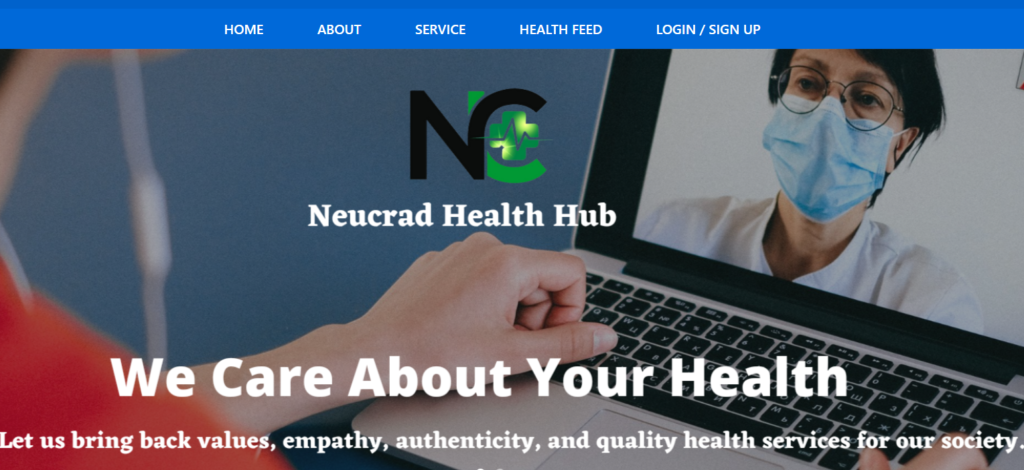

Let’s meet the author: Manisha Roy, Research Scholar
